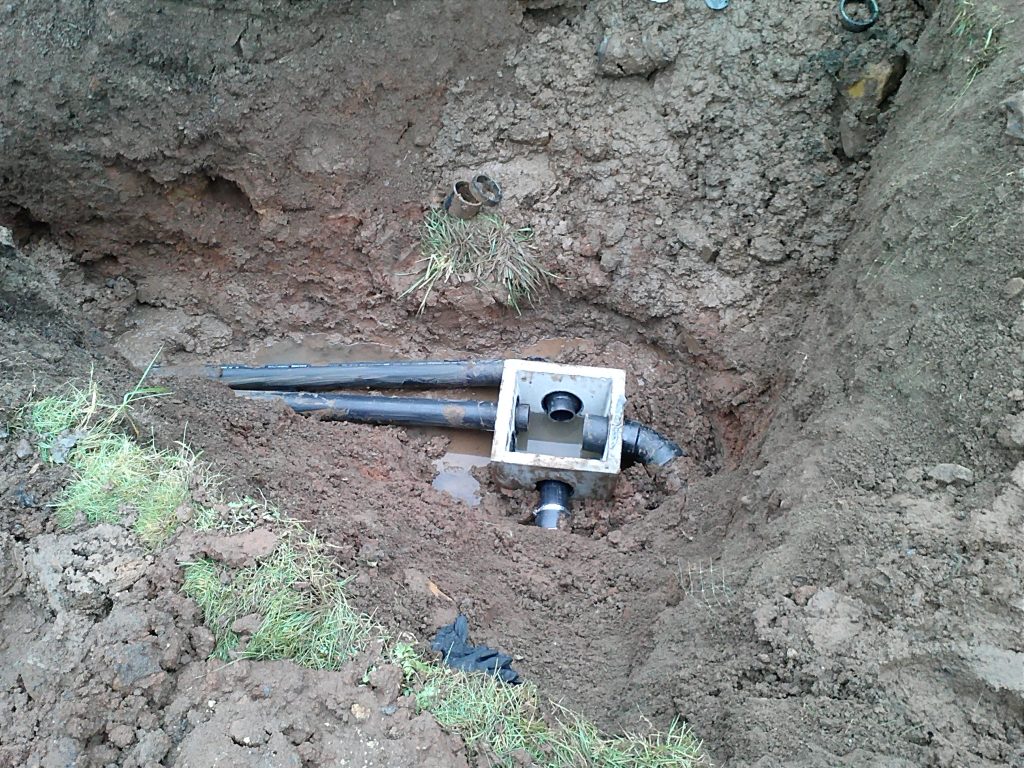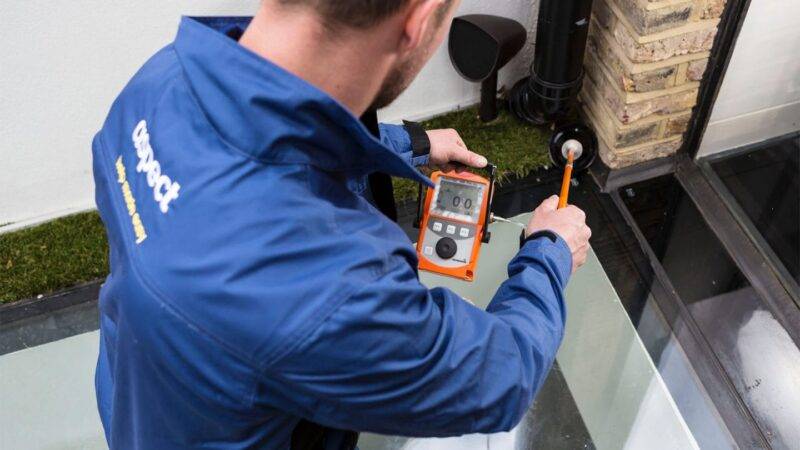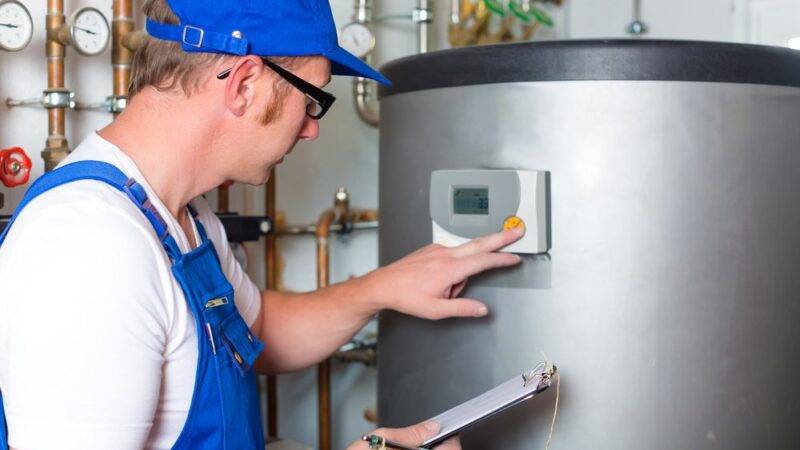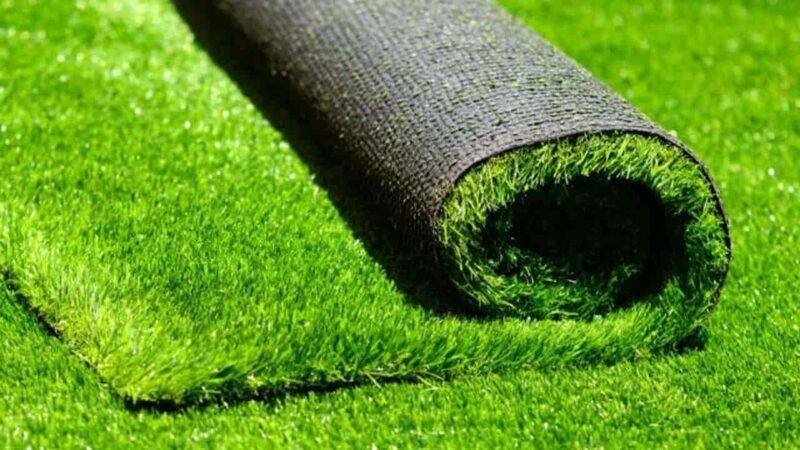Don’t Leave Your Septic Tank Dirty!

Septic tank maintenance is a crucial process that should be done thoroughly. Unfortunately, after the installation process, many owners entirely forget about that fact until irregularities are noticed with the underground sewage system and rectification of such problems could be potentially messy and costly.
Proper maintenance is the best way to avoid having to spend time and money on the system’s tank. This can be achieved through regular and professional cleaning. Such action can help avoid clogged drainage pipes; it can also increase the likelihood of that large receptacle staying in good working condition.
Basic Maintenance
There is only one way to cleanse these waste-water systems and that is by pumping the sludge out of the tank. Draining gets rid of the solid material that builds up during the treatment process. A 1000 gallon version should be cleaned out after every 4 to 5 years, depending upon the number of building users reliant upon it; smaller ones may need to be pumped more often. System maintenance is a relatively inexpensive and easy process as long as the basic steps involved are understood. For a clean and problem-free tank, put the following guidelines into use.
-
- Overloading – If a waste-water system is not monitored for a long time, the tank may become full which could lead to the accumulation of gases which could in turn blow off the cover and result in unprecedented waste spilling. Always check toilets and faucets for leaks since this is a major indication of an overloaded system.
-
- Drain Field – Divert rain water from the drain field. The water that goes into the system’s tank settles in the middle part of it during the waste-water treatment process. It then leaves through specialized drain pipes where it is absorbed into the drain or leach field as effluent. If the drain field becomes saturated with rain water, it cannot absorb and neutralize the effluent, causing contamination to underground water as well as environmental pollution.
-
- Garbage – Disposing of garbage into the septic system is a sure way to have a dirty holding receptacle. Flushing waste such as sanitary napkins, facial tissues, tampons, paper towels, cigarette butts and the like could induce clogging. The repercussions resulting from such a situation are often dire.
-
- Trees – Since all waste-water systems are set up underground, refraining from planting trees close by is usually recommended. Trees have extensive roots which could cause extensive damage to the tank, sometimes actually breaking them and causing leakage.
- Chemicals – Some hazardous industrial chemicals have far-reaching effects on septic tanks. The most common ones to avoid include paint thinners, varnish, engine oil as well as gasoline and any associated products. Cleaning chemicals can kill the bacteria that help break down waste material especially solids.
It is of utmost importance to clean and maintain septic tanks before any problem becomes too obvious. Doing this can hopefully avoid having to spend very much money or time fix a problem or even worse, have to purchase a new one. By all means, be diligent and don’t leave your septic tank dirty!





